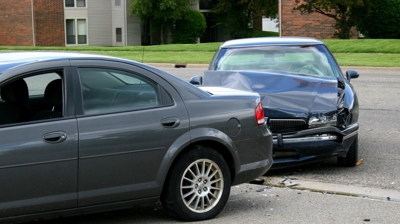
Navigating the Aftermath: A Guide to Handling Car Accidents in Orlando, Florida
Car accidents can be overwhelming, especially in a bustling city like Orlando, Florida. Knowing the right steps to take after a collision is crucial. In this blog, we’ll walk you through what to do after a car accident in Orlando and shed light on why Kemp Law is your best choice for legal representation.
1. Stay Calm, Stay Safe
The first moments after a car accident can be chaotic. Ensure the safety of everyone involved by moving to a safe location if possible. Consider prominent local landmarks like Lake Eola Park or the iconic Orlando Eye as reference points.
2. Call for Help
Contact emergency services immediately. Whether it’s police, medical assistance, or both, prompt action is essential. In Orlando, the proximity to Orlando Health and AdventHealth can play a crucial role in getting swift medical attention.
3. Exchange Information
Exchange contact and insurance information with the other party involved. Take note of the location, time, and names of any witnesses. The Orlando skyline, visible from various points in the city, can help in pinpointing the accident location.
4. Document the Scene
Use your phone to take pictures of the accident scene, vehicle damage, license plates, and any relevant road signs. This documentation can be vital in establishing the facts later on.
5. Seek Medical Attention
Even if injuries seem minor, seek medical attention promptly. Florida Hospital Orlando and Orlando Regional Medical Center are notable healthcare institutions in the area.
6. Contact Law Enforcement
File a police report, as it serves as an official document of the incident. Local police stations such as the Orlando Police Department can assist in this process.
Why Choose Kemp Law?
After a car accident, having a reliable legal team by your side is crucial. Kemp Law, with its expertise in personal injury cases, stands out in Orlando. Here’s why:
- Proven Track Record: Kemp Law has a history of successfully representing clients in Orlando and securing favorable outcomes.
- Local Expertise: Being familiar with the local legal landscape gives Kemp Law an edge in handling Orlando-specific accident cases.
- Client-Centric Approach: The team at Kemp Law prioritizes your needs, providing personalized attention and support throughout the legal process.
Conclusion
Facing the aftermath of a car accident in Orlando can be challenging, but with the right guidance, you can navigate the legal complexities. Choose Kemp Law for steadfast representation and a commitment to your best interests.
Contact Kemp Law today for a free consultation: www.kemplaw.com






